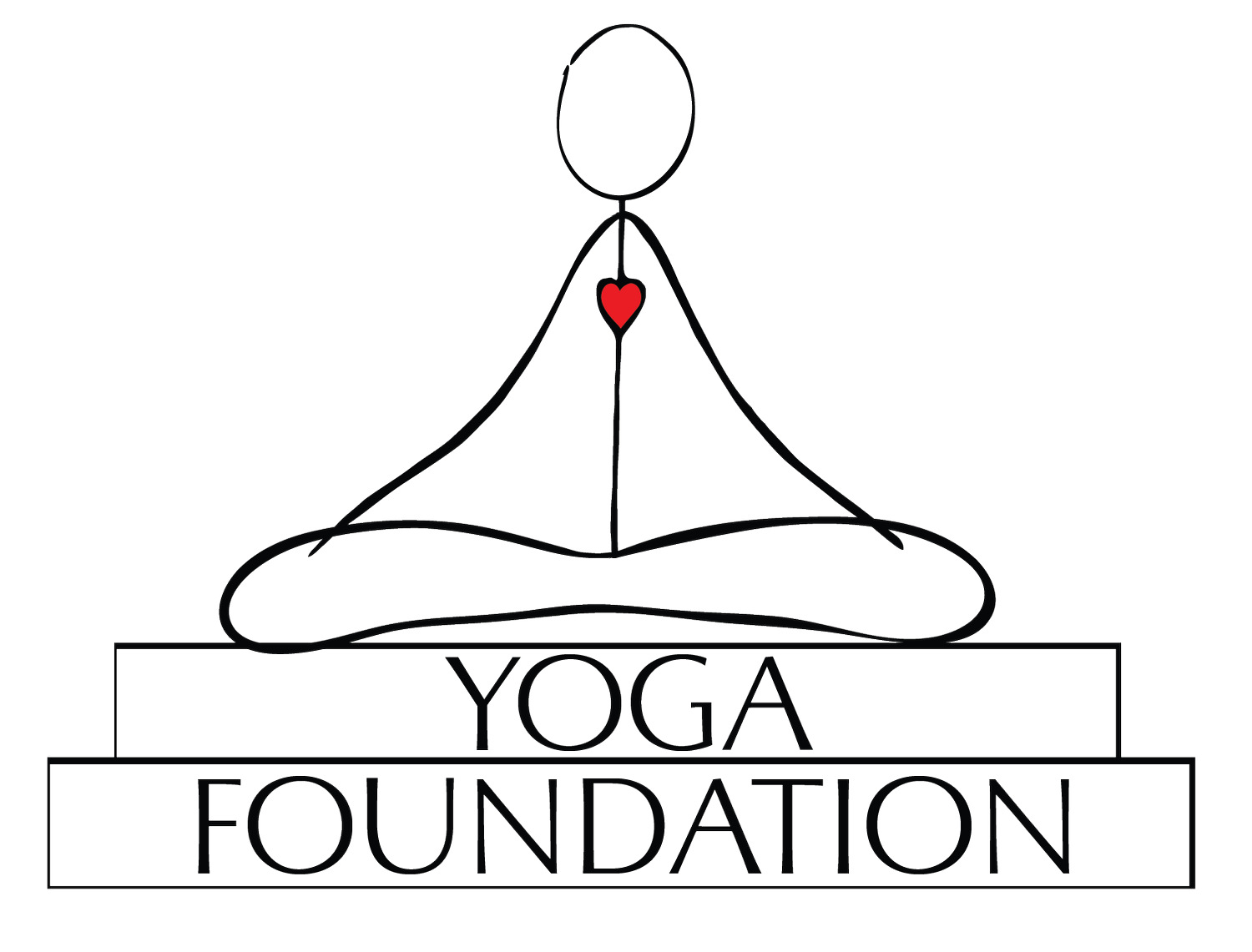It’s a gift
Gifts don't always come in pretty packages
They may show up in disguise
We all love a good gift; however, seldom do we identify our let downs themselves as blessings. As I reflect on the Autumn book we'll be covering in our November book talk and walk, led by Lisa Melendez, something's happening. “All flourishing is mutual,” Robin Wall Kimmerman writes in “The Serviceberry.” My mind looks for and finds more generosity and reciprocity, I live from a more generous nature and I identify the shared responsibility of co-creating generosity this season. It is a practice. When personal disappointment arrives, it’s a piece of a generous whole, revealing itself in an entirely new way, as a gift, a redirection, a means to guide my vairagyam practice.
When you can, talk to yourself outloud. The voice is a powerful tool, and your mantra for stressful times may be in English. Mine was this week when experiencing a sudden, unexpected let down: it’s a gift, it’s a gift, it’s a gift. I gave myself a reasonable amount of time to sink into the feeling, all the way in. I felt it deep in my solar plexus. Then I breathed, slowly, allowing the breath to gravitate to and penetrate the knot, time and time again. On repeat, with my sudden intuited mantra - it’s a gift, it’s a gift, it’s a gift, aloud and welcoming the great outdoors into the process, amidst squirrels, acorns, oaks, maples, hawks, robins, bluejays, cardinals, a sky and the sea. I discovered an antidote to a more prolonged duhkham, feeling like a victim of my circumstance, denying and perpetuating my role in a situation where I lacked clarity in a decision making process.
Disappointment plays a key role in our evolution. It’s a pivot point, and it’s also how the great Yogi T. Krishnamacharya measured his students’ progress. Who were they when they didn’t get what they wanted? He tested their vairagyam as a gauge in their evolution. Practice is often overemphasized, non-attachment’s imperative role glossed over; however, Krishnamacharya calls Yoga a bird with two wings, abhyasa and vairagyam, and unless they are on an even keel, that bird’s not flying.
The things that may drive us into the most emotional states are the things we also need to examine, deeply. Why are we reacting this way? So strongly? Continuing wrong connections, harmful connections, despite the signs that they are thwarting our health, be it physical, mental or emotional. Likely, because we are attached. You don’t necessarily need to give up your attachment to chocolate, nor I to alcohol. She needn’t give up her relationship with the screen, but he may. He might be fine being friends with so and so, but she may need to end an imbalanced or abusive connection with the same so-and-so. No formulae exist, just road maps for how to bring us into more balanced states so we can see clearly and act accordingly.
